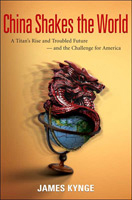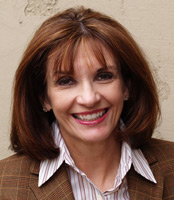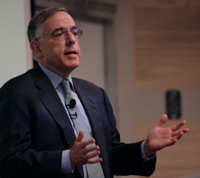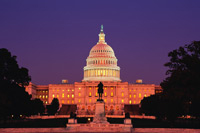
The bigger they are: Ethical challenges of the rich and famous
Think twice about accepting a job with an organization headed by a renowned industry captain, a technological wunderkind or a visionary philanthropist, warns an expert who’s studied the downside of charismatic leadership. Business icons become more susceptible to disastrous ethical lapses as their workplace fame spreads, says Marianne Jennings, J.D., a professor of legal and ethical studies at the W. P. Carey School of Business. When the gurus crash and burn, the careers of those around them falter, too.






